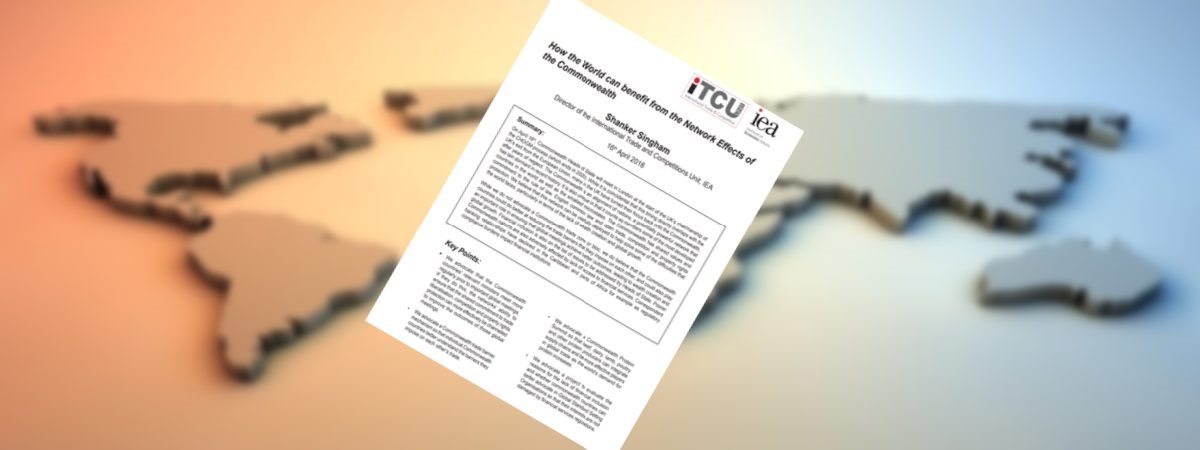Against the Grain
SUGGESTED

Commonwealth countries must work together to remove barriers to economic growth

What HMRC can do to prepare and optimise customs processes for all outcomes

Insights from an Economic Contrarian
In the summer of 2012, I was invited to write a weekly opinion column for City A.M. newspaper. It is a free, business-focused newspaper, launched in 2005, and is distributed at more than 250 commuter hubs across London and the Home Counties, as well as 1,600 offices throughout the City, Canary Wharf and other areas of high business concentration. The general views of the newspaper are broadly supportive of the free-market economy, of capitalism and private enterprise.
It is therefore very appropriate that this selection of my columns is being supported and published by the Institute of Economic Affairs.1 As Allister Heath, editor of City A.M. from 2008 to 2014 and now editor of the Sunday Telegraph, wrote: ‘the IEA is the home of good economic analysis applied to public policy.’
As a description of what I aim to do in my columns, Allister Heath’s statement could hardly be bettered. In the confines of 500 words each week, I try to shed light on a contemporary issue in political economy. I use the phrase ‘political economy’ rather than ‘economics’ deliberately. The great founding figures of the discipline in the late eighteenth and early nineteenth centuries, such as Adam Smith and David Ricardo, regarded themselves as addressing broad questions of public import, rather than being confined to mere technical analysis.
Fullscreen Mode



